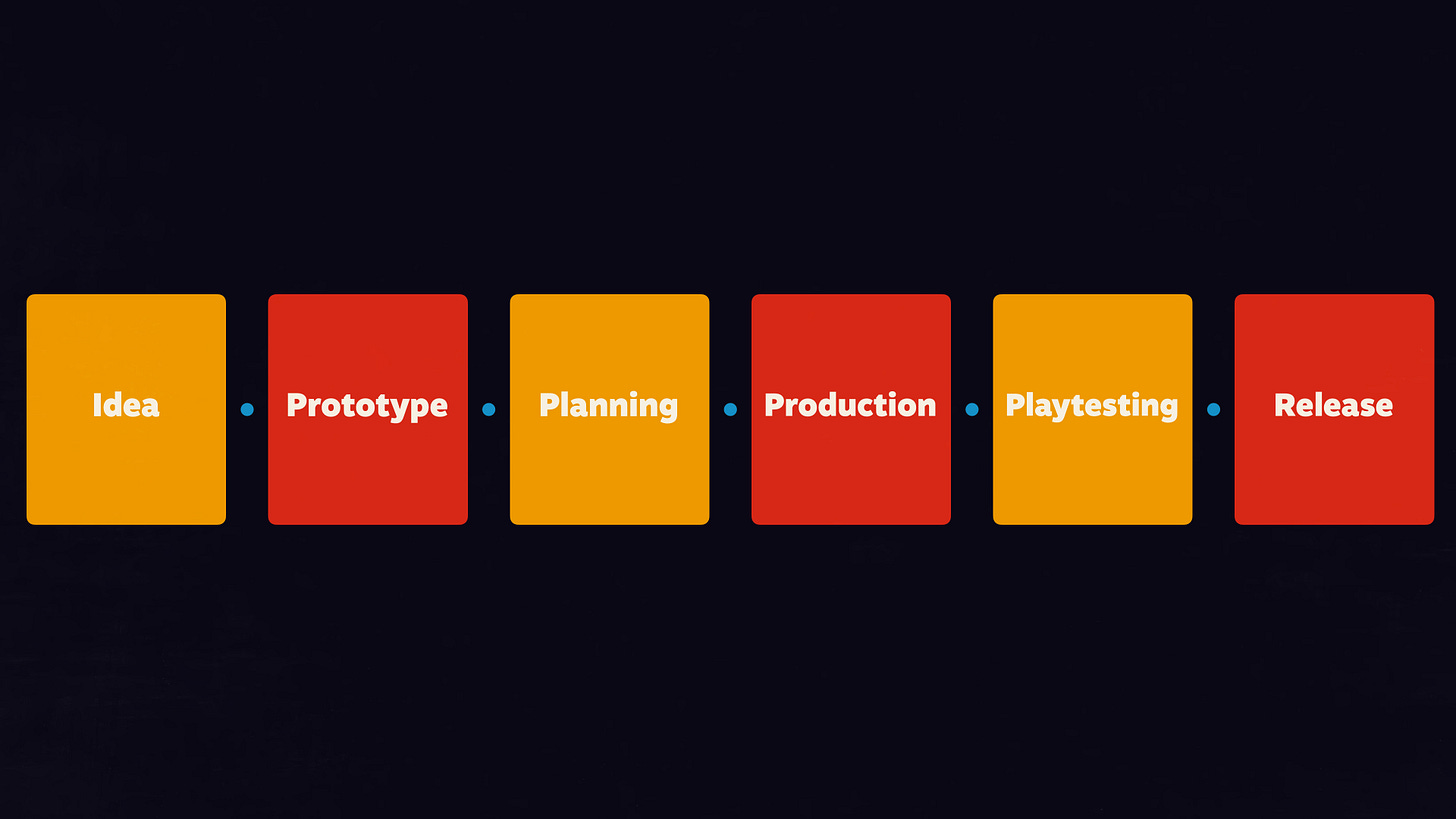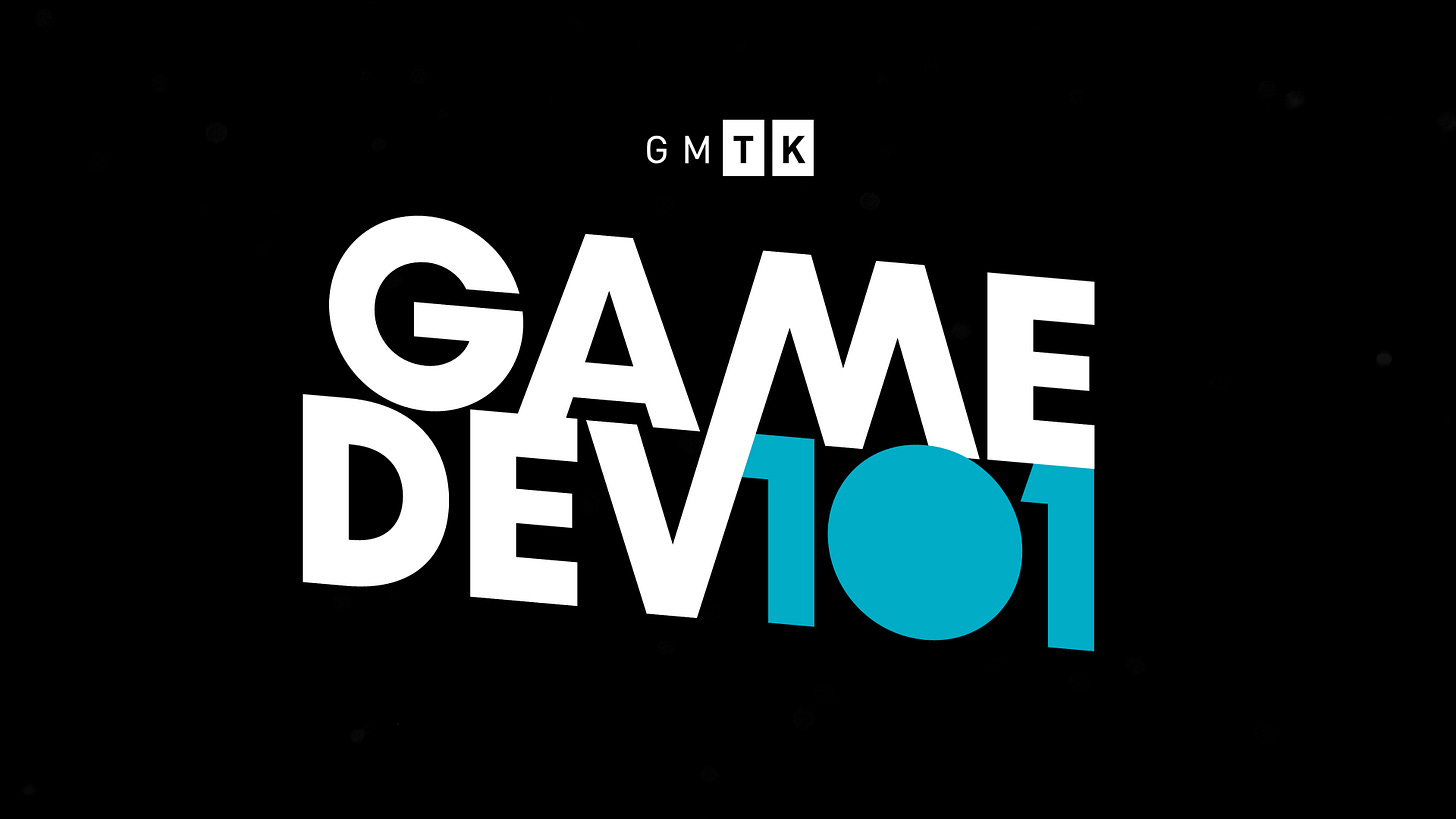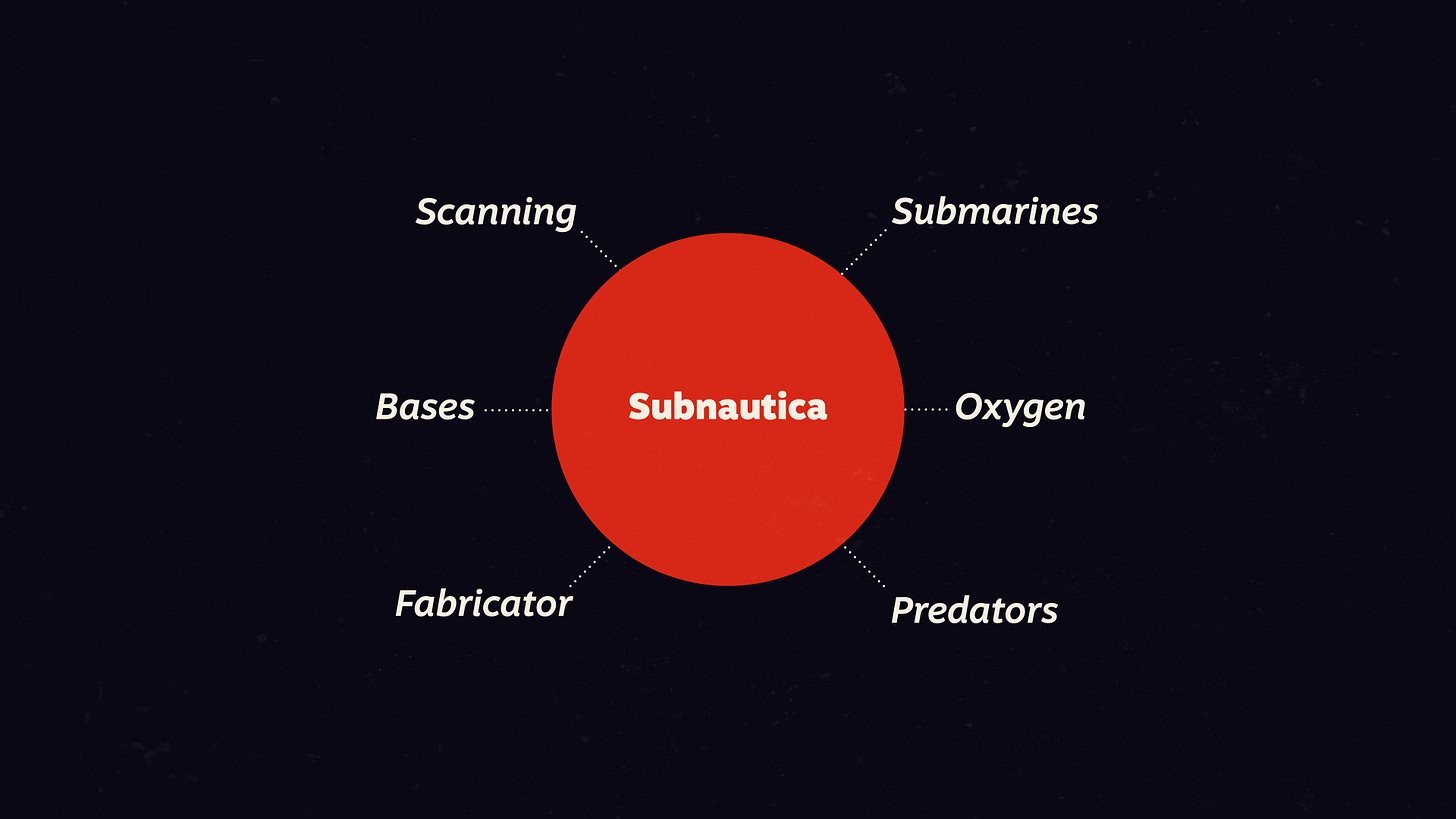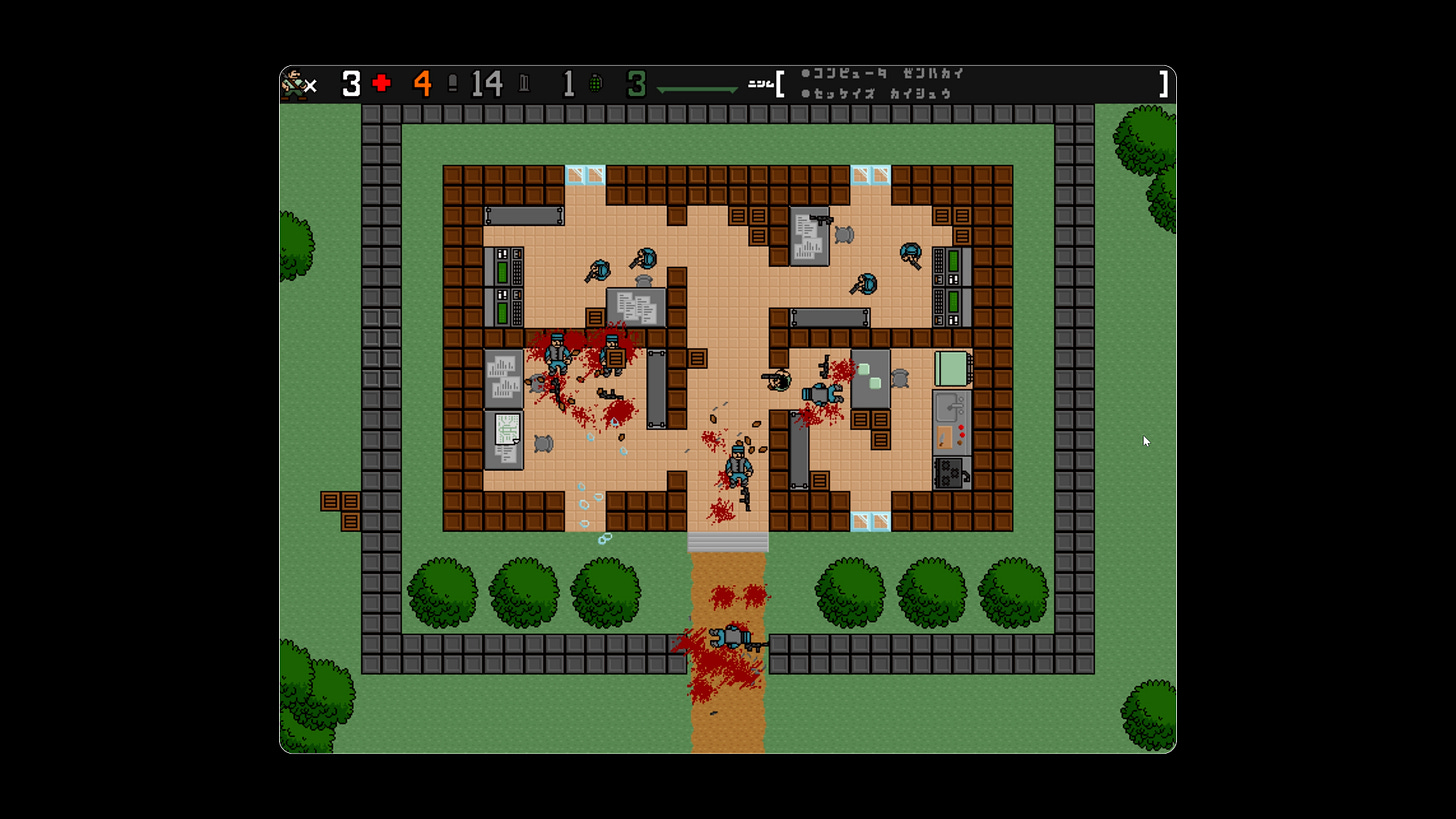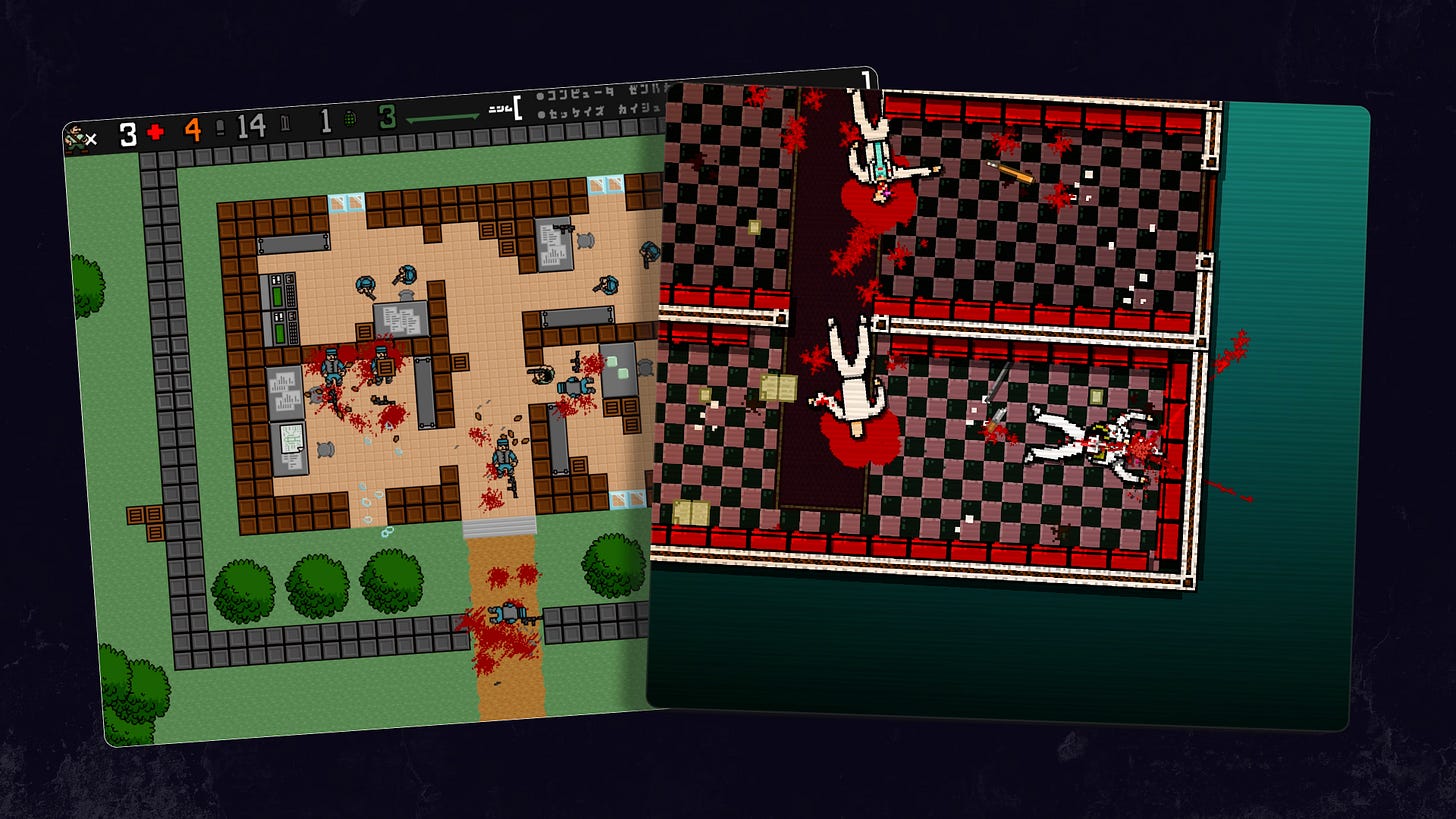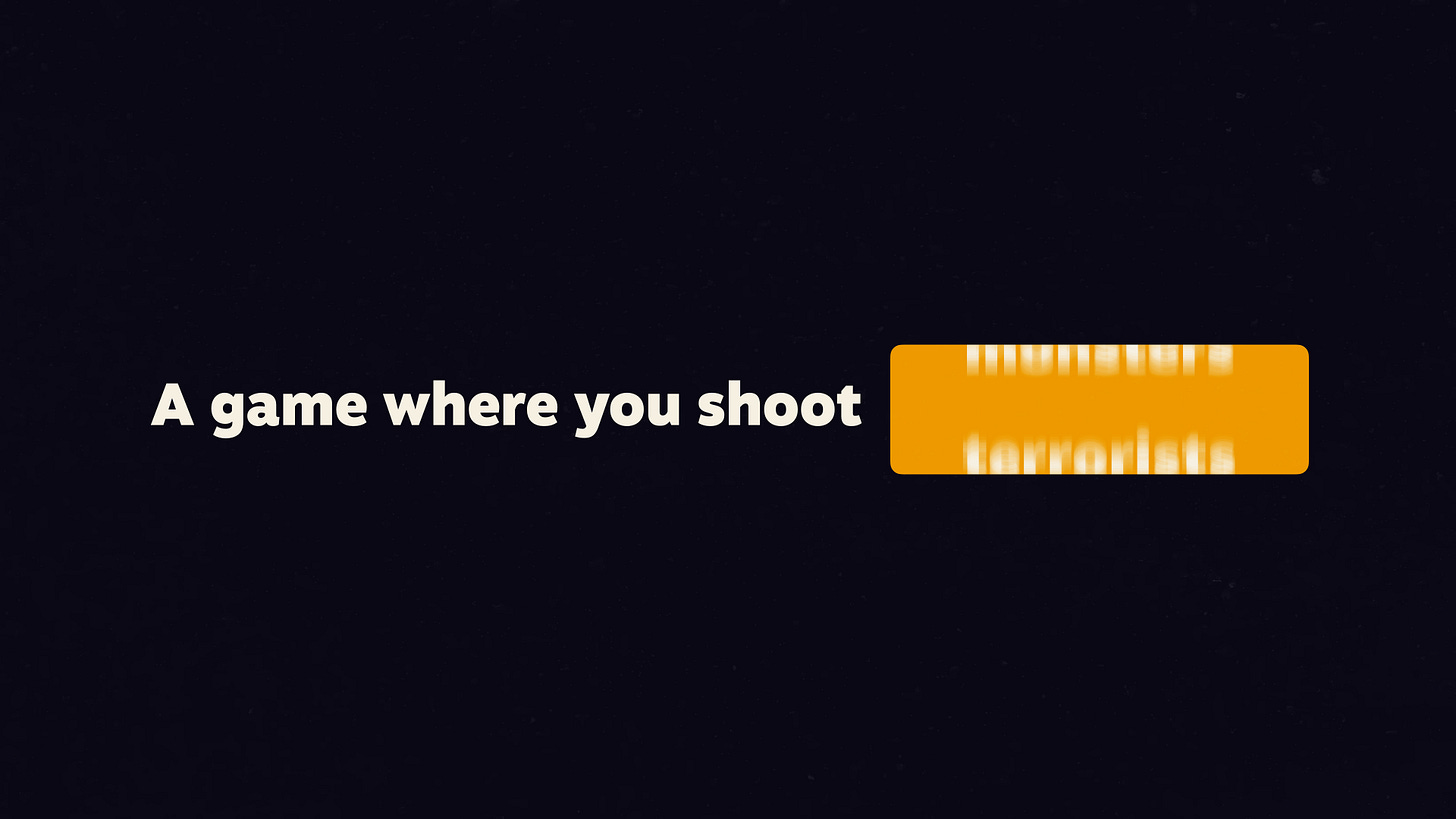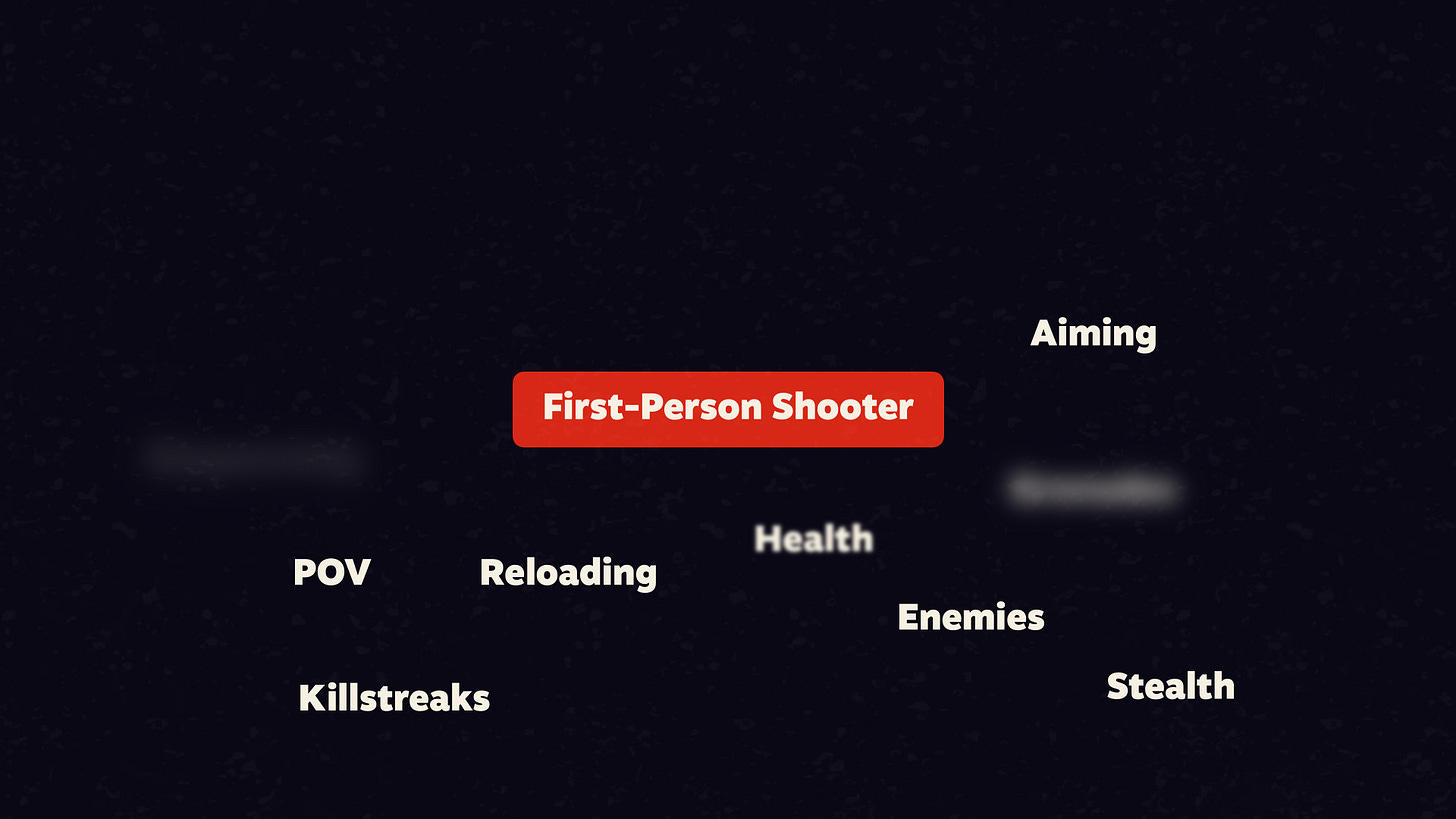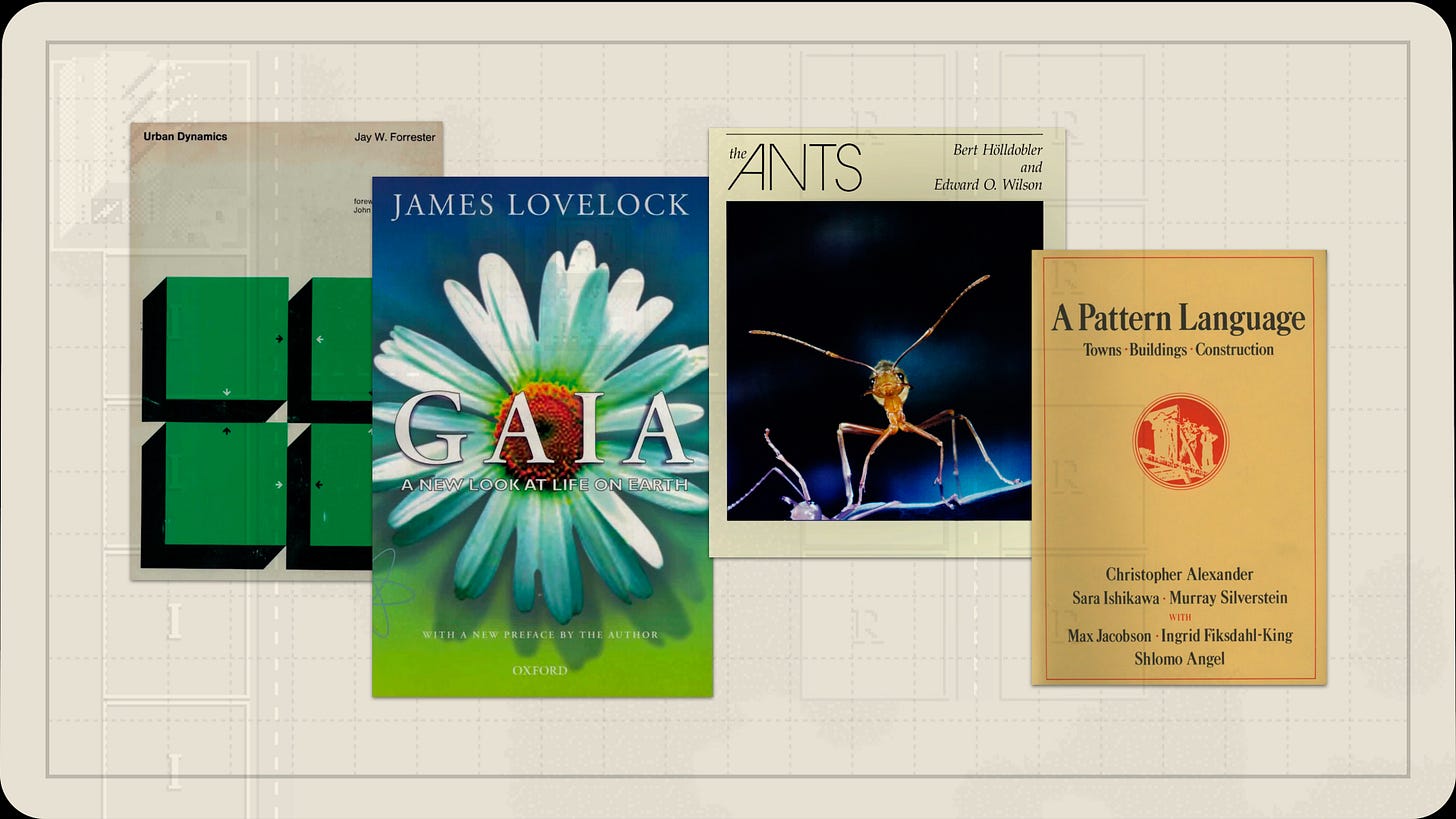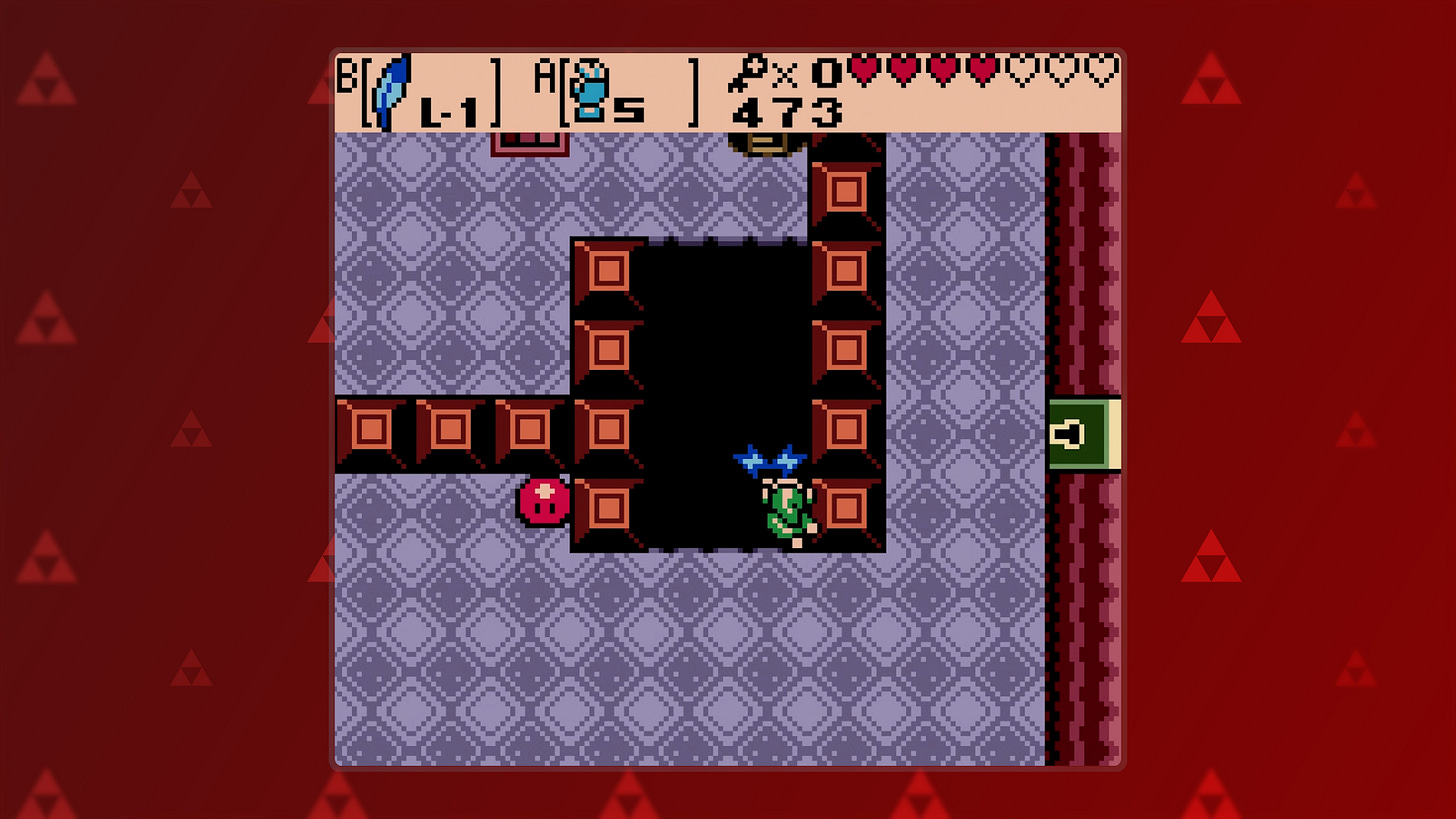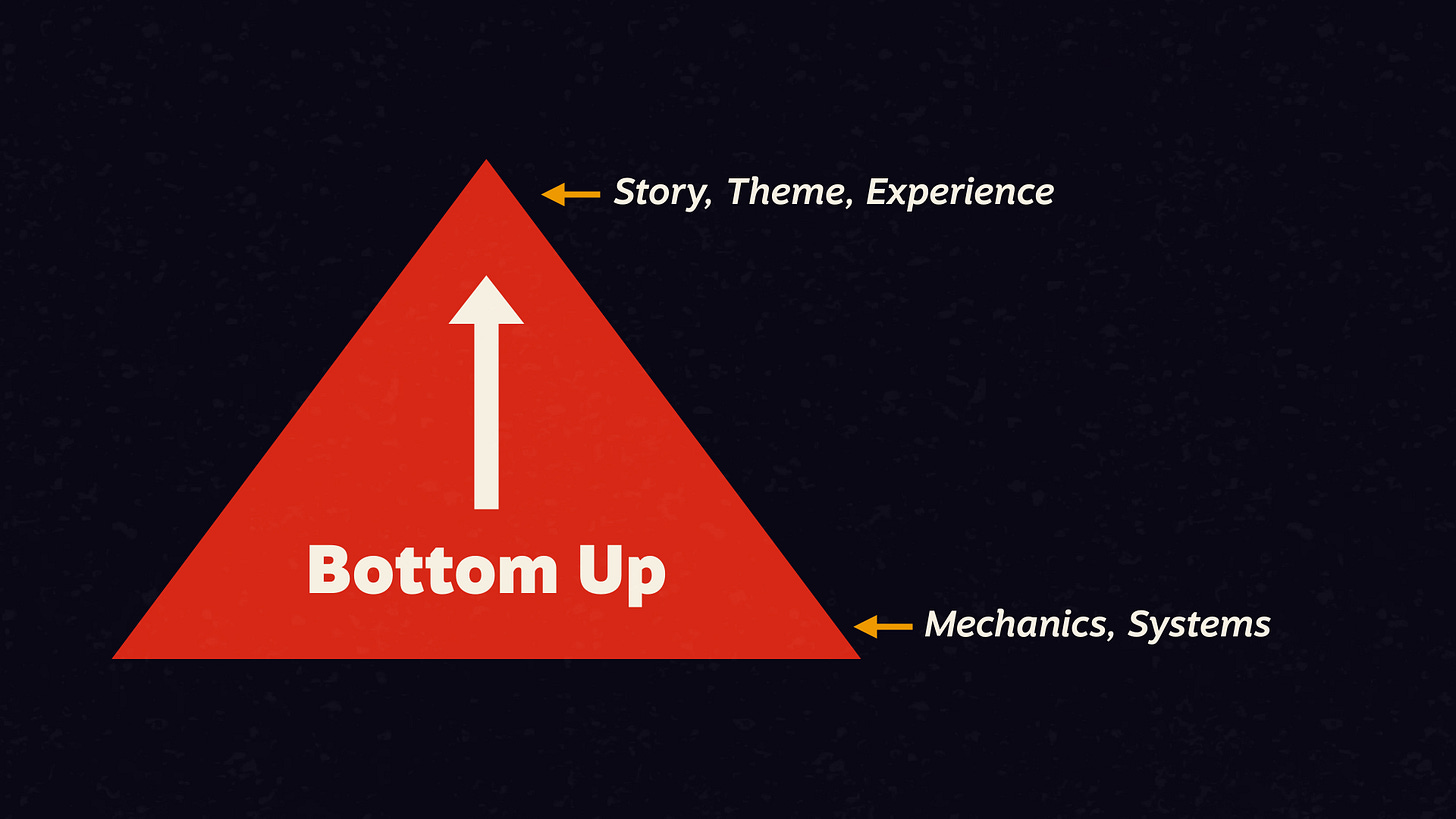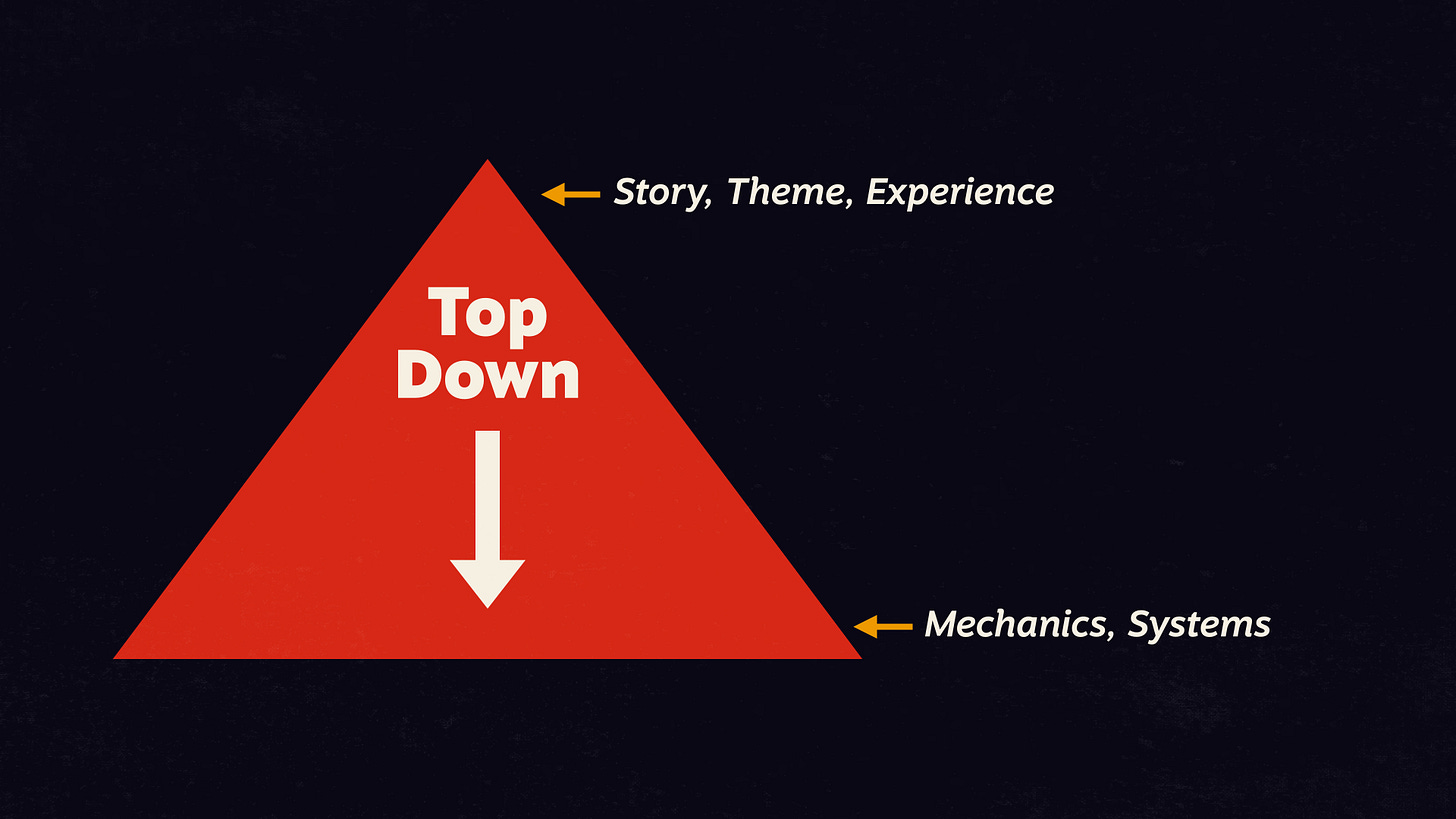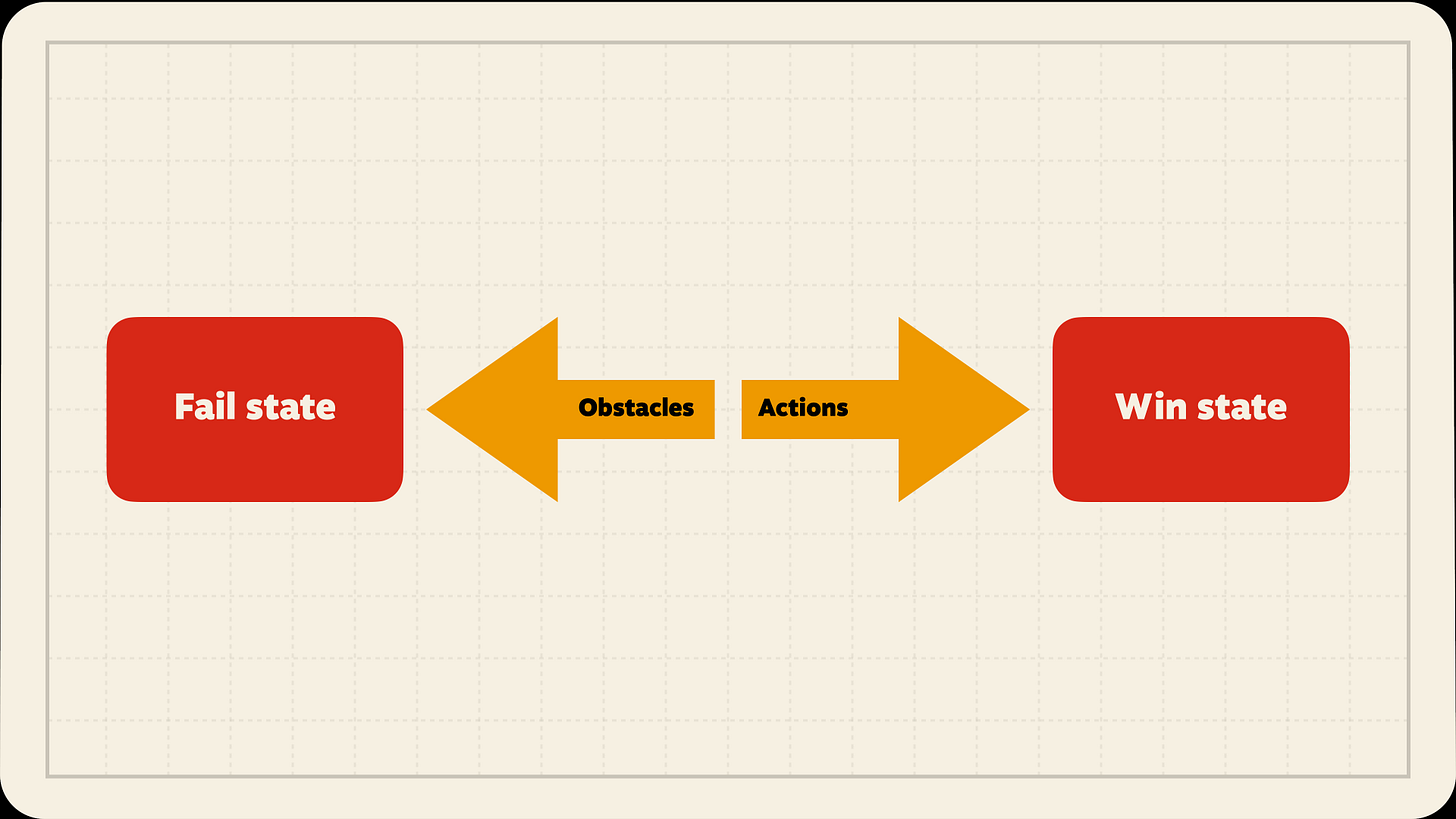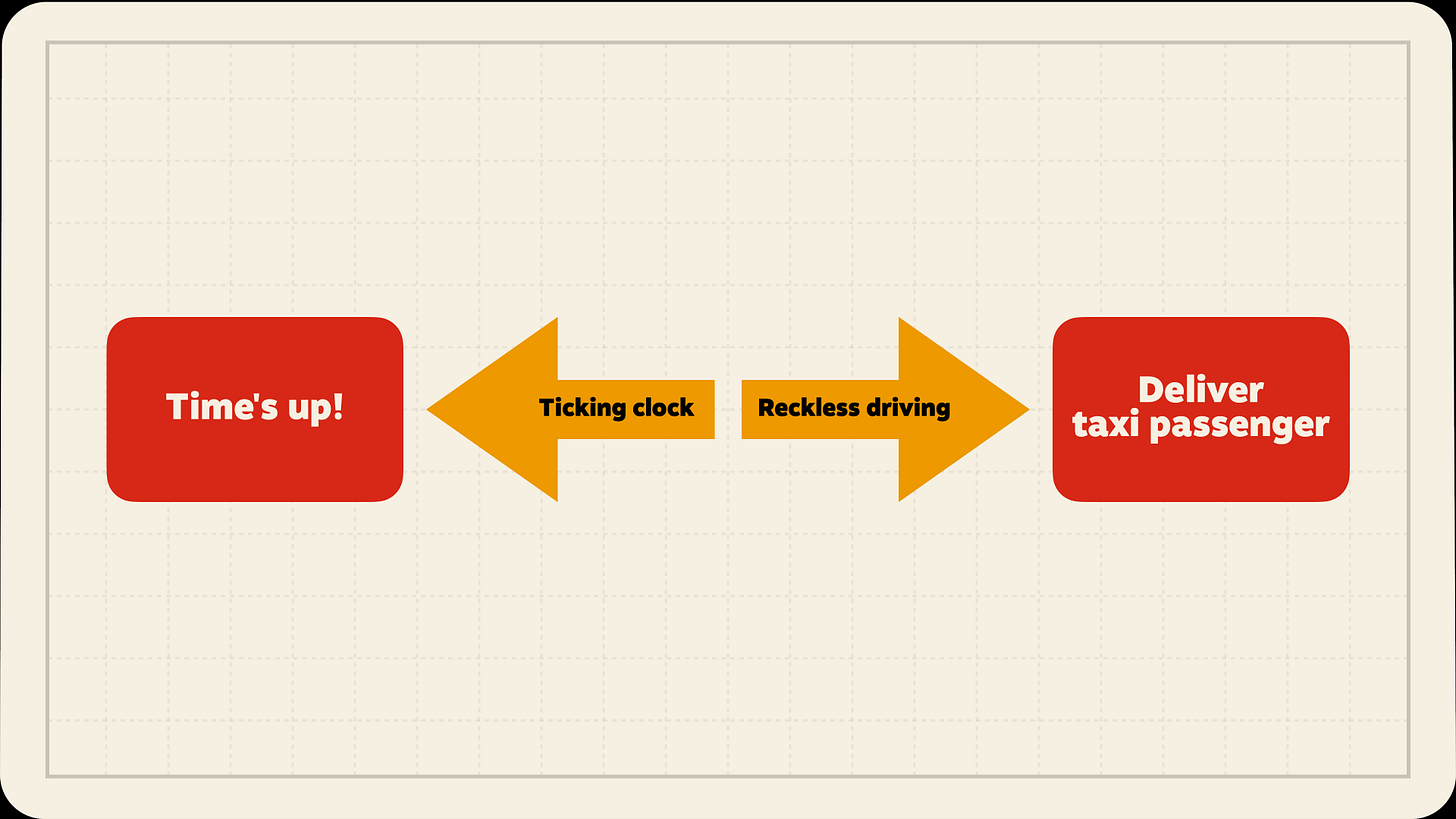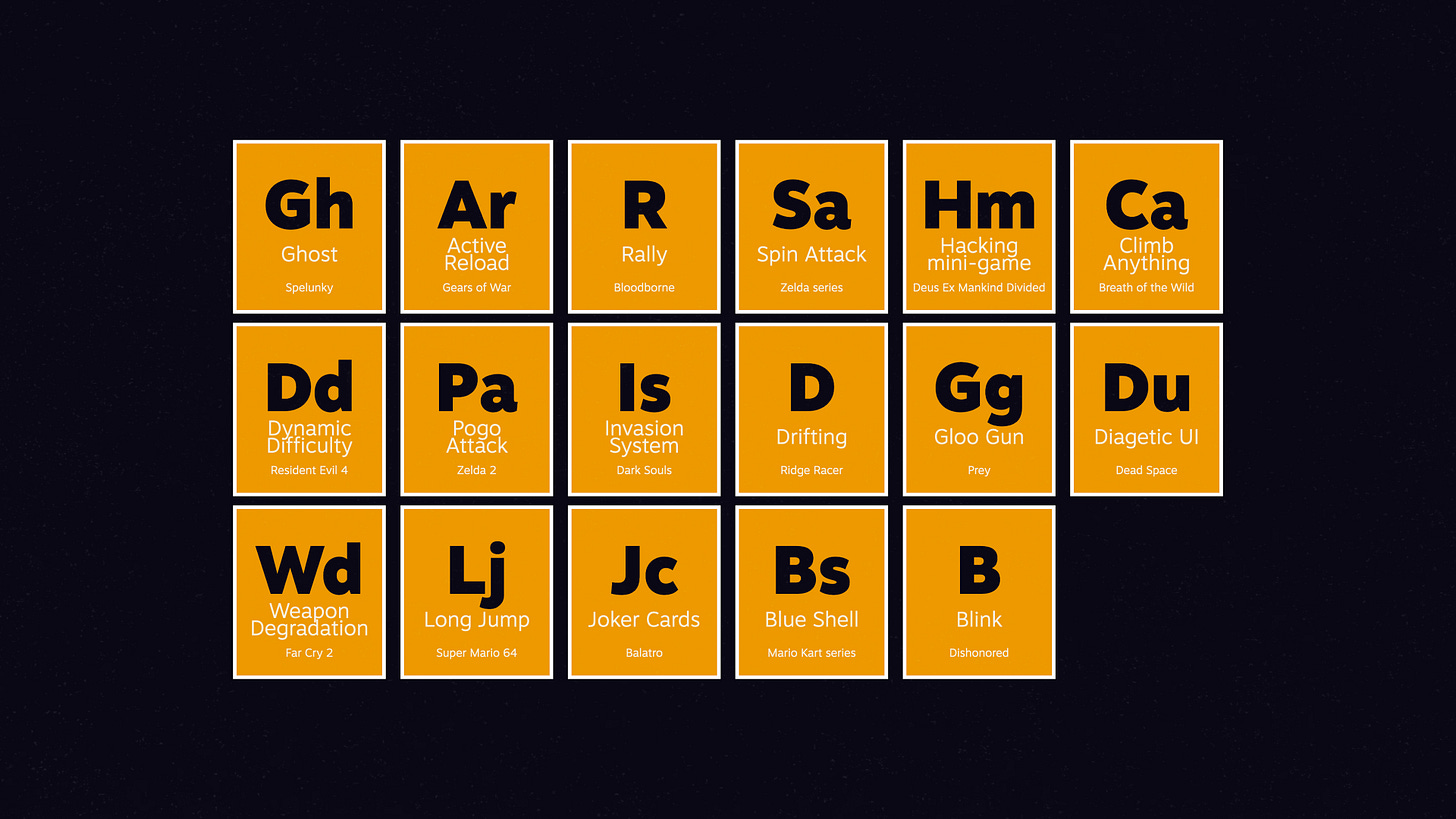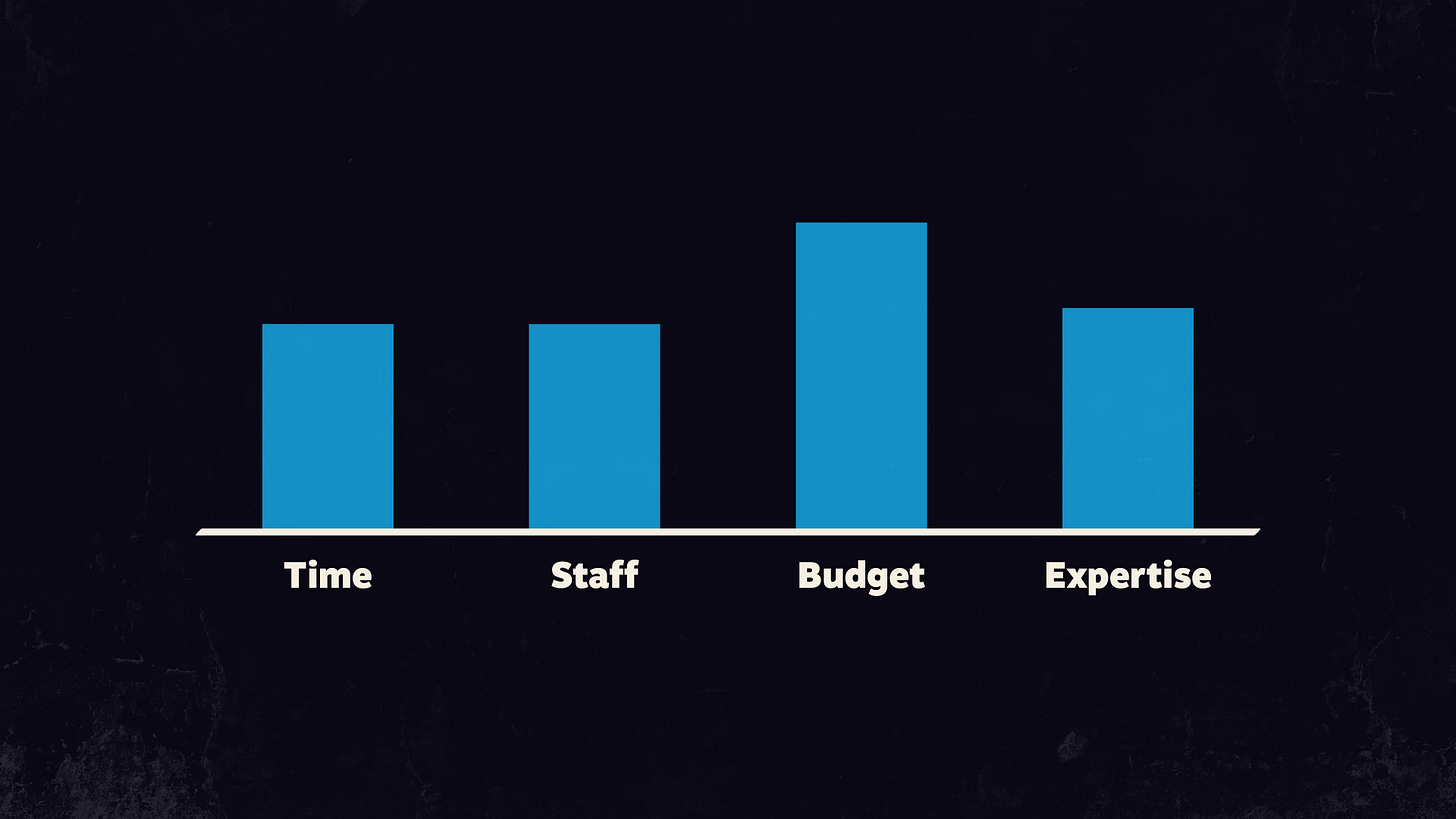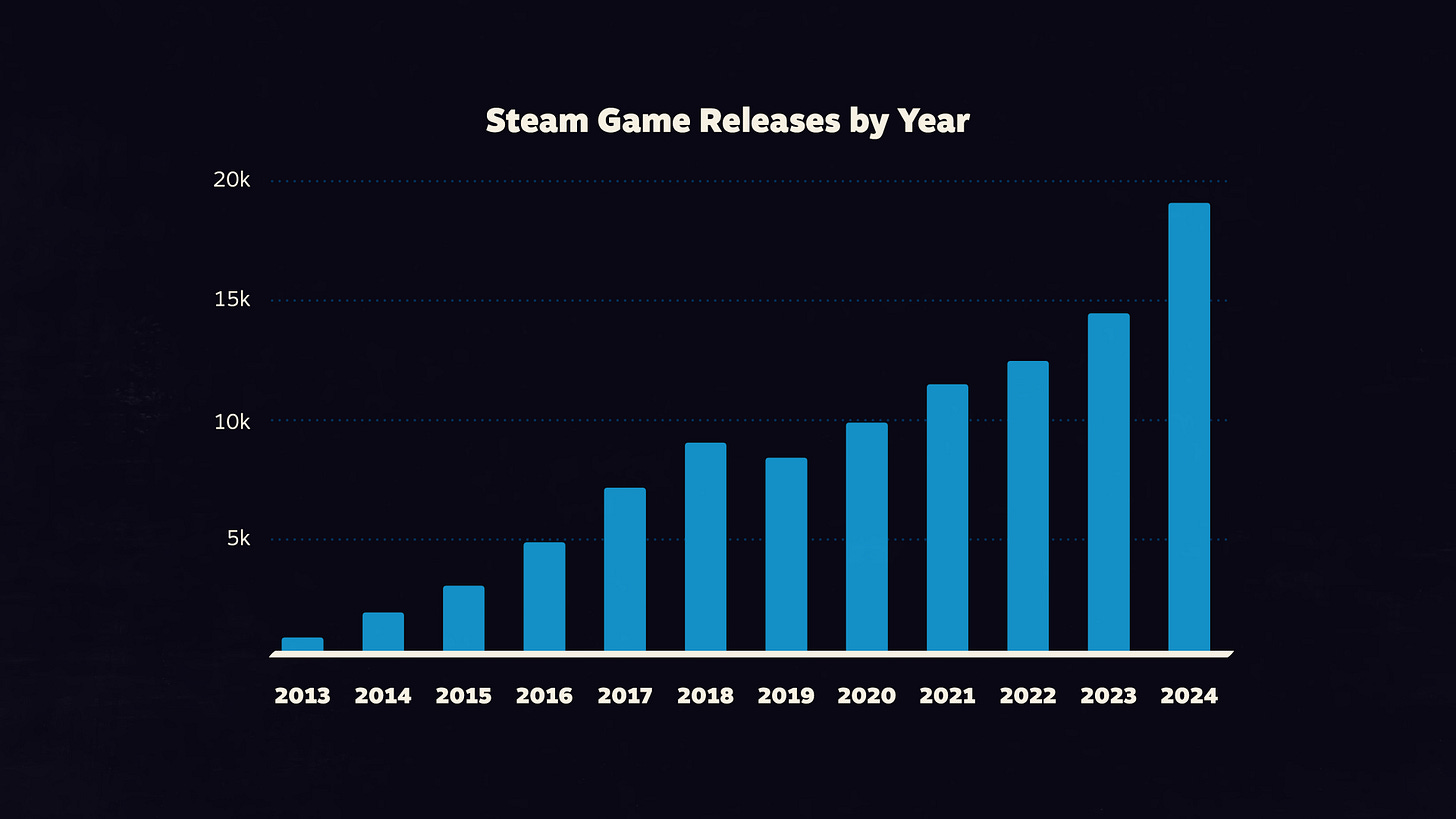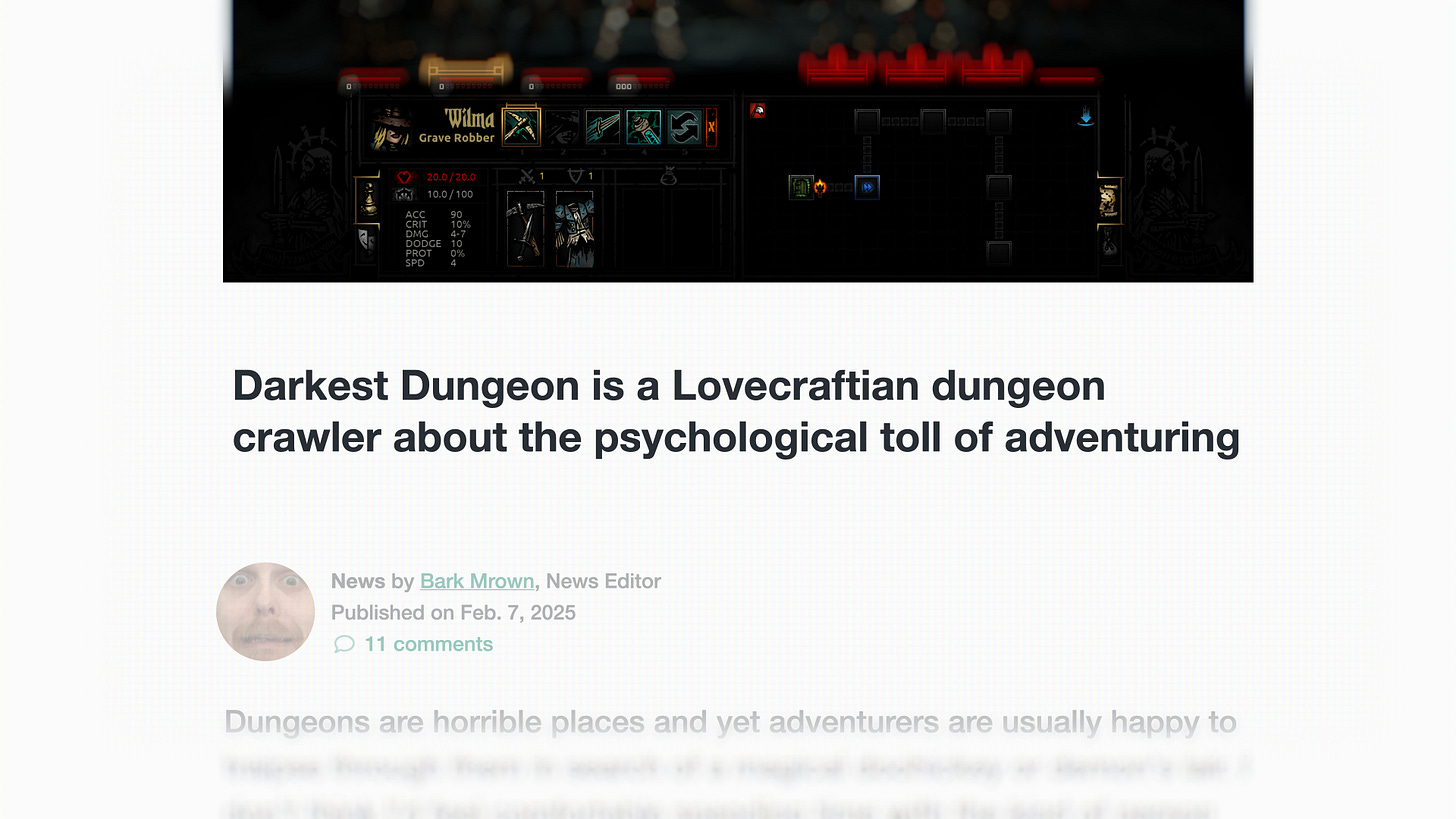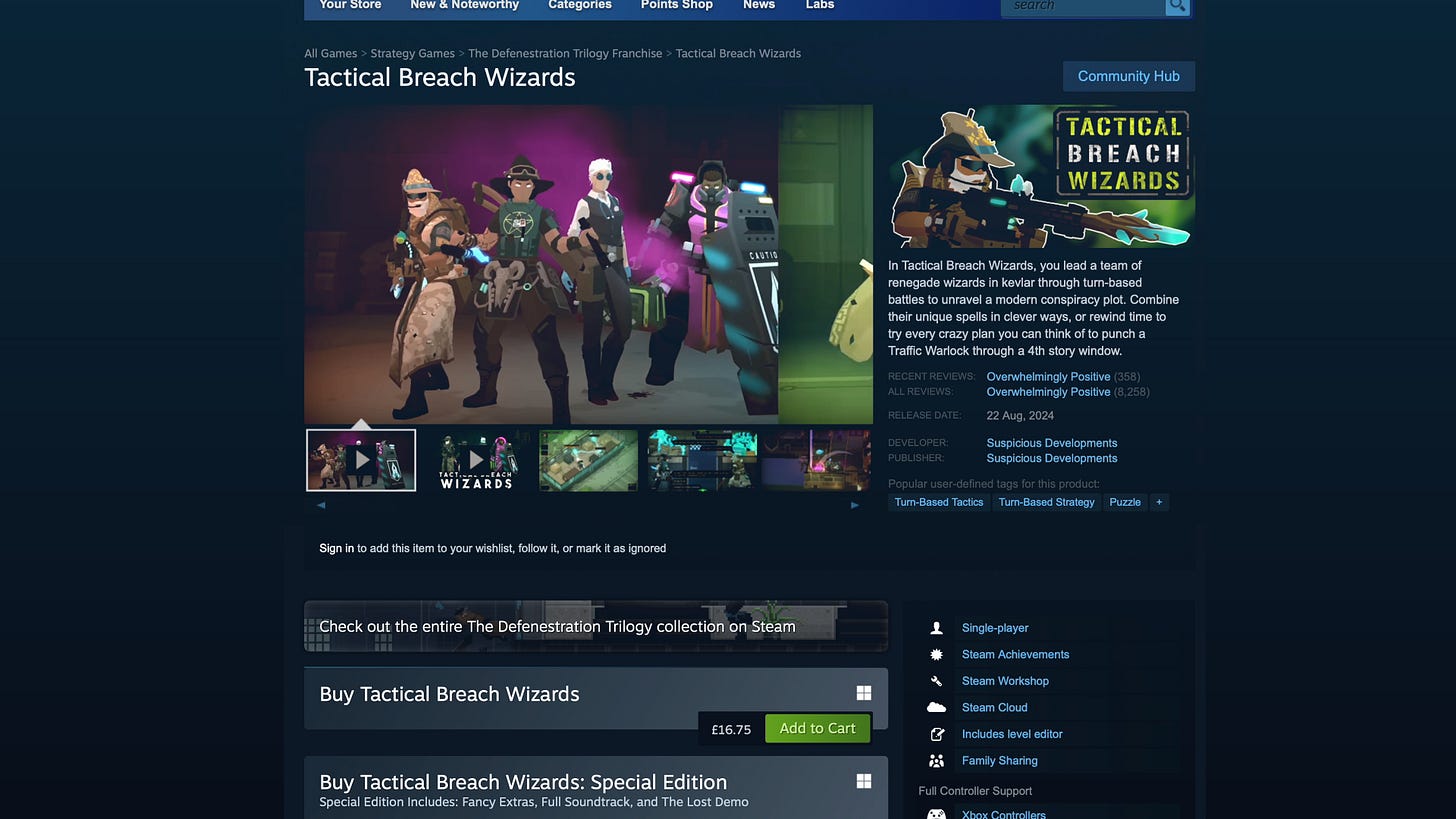How to find amazing game ideas
Where great games get started
Hey, my name's Mark. Last year I released Mind Over Magnet on Steam. After years of wanting to make and release my very own video game - I finally did it.
But, I'll admit, I made a few mistakes along the way. And my biggest screw up was not having a firm understanding of the indie game production pipeline. Basically - what you should do, and when.
This meant that development took way longer than it should have. It caused me to have to re-do loads of content. And it ultimately meant that the game just wasn't as good as it could have been.
So it's time to learn from my mistakes. This is a new series where I'll be taking you through the entire indie game development process - from the initial concept, through prototyping, planning, production, and playtesting - and all the way to releasing your game on a storefront like Steam.
I'll be taking on board what I got right when making Mind Over Magnet - as well as what I totally messed up. I'll share the process used by other, much better games. And I'll invite on expert guests who can add their own perspective to the conversation.
So you won't learn how how to code, or how to tune a good jump, or how to design a level - but you will learn the underlying structure that you should follow if you want to actually finish a game, sometime within your lifetime.
So this is Game Dev 101. And this is episode one - the idea.
Okay. So every game starts with an idea. An initial spark of inspiration that will eventually lead to the creation of a finished game. But where do game ideas come from?
Well - for this post I investigated the origin story of some of the world's greatest indie games to find the source of that inspiration, and give you some solid starting points.
But that's only half the story. Because we also need to make sure that the idea is worth pursuing. So I also spoke to an expert game designer behind three successful indie games to find out how he evaluates game ideas.
Sound good? Okay. Then let's get started.
Part 1 - Where do game ideas come from?
So, I think there are four main ways to come up with game ideas. And we'll start with this one...
Other Games
Yeah, that's right. We can take an existing game and use that as a jumping off point to make something new.
For instance, we could take a game and move it into another perspective - like how Satisfactory began with the idea to move Factorio into first-person. Or we could shift a game into a different theme or context - like how Subnautica's initial pitch was Minecraft, but underwater.
We could move a game into a different medium - Among Us, famously, is based on real-world social games like Werewolf. Or we could bring a game back from the dead - Stardew Valley was made simply because designer Eric Barone thought the Harvest Moon series had gotten "progressively worse" since the PS1, and was in desperate need of a better game.
Of course, none of these games are simply reskinned clones of those existing titles. They might use an existing game as a jumping off point, but then they'll get to explore the unique design space that comes from changing the perspective, world, medium, or whatever.
A game will also change when fed through your unique perspective and set of influences.
So, check this out: this is Hakaiman, a game made by the Japanese indie developer Ikiki. And it was particularly influential on the designer Jonatan Söderström - who made, basically, his own version of Hakaiman - and never released it.
But when Jonatan teamed up with the musician and artist Dennis Wedin, Wedin saw that unfinished prototype and wanted to make it into a full game. And he was able to filter it through his unique vibe, vision, and set of influences - which lead to Hotline Miami.
And look - Hotline Miami is obviously inspired by Ikiki's games. But it also feels completely separate, thanks to that unique style.
And then, in turn, Hotline Miami went on to inspire a whole generation of angry, violent, lightning-fast indie games.
Because that's the thing - every game is based on what came before.
Minecraft is based on Zach Barth's blocky sandbox game Infiniminer. Vampire Survivors is heavily inspired by the Android game Magic Survival. And Fortnite would be nothing without the battle royale mode from PUBG.
So if the world's most successful games are based on existing stuff, then don't be afraid or embarrassed to take influence from the games you love.
Dicey Dungeons creator Terry Cavanagh - who was heavily inspired by the game Dream Quest - says
Everything anyone *ever* makes is inspired by what’s in their head – what they’ve played or read or encountered or thought a lot about. Creation doesn’t happen in a vacuum – everything is a remix! You start with the ideas you love and obsess about, and go from there to make something that’s uniquely your own.
Using Genres
Okay, so another good starting point is genre.
A genre is great because it can act like a template or a recipe. You basically get a set of ready-made mechanics and conventions, and then you can put your own spin on it.
But we can also go further than that. For instance, a potent source of inspiration is to find a problem with a certain genre, and try to fix it.
Designer Ryan Clark felt like traditional roguelikes were often unfair due to a heavy reliance on randomness. So he wanted to make a dungeon crawler that was more about the player's skill than the computer's RNG. And that eventually led to the creation of the catchy rhythm roguelike, Crypt of the Necrodancer.
That's also how my guest - game designer and fellow YouTuber Jonas Tyroller, invented the game Islanders, alongside his university pals.
I think for Islanders, it was very much like a problem and solution kind of way to think about it, right?
There was a problem that we identified with city builders, which was like, we just want to build beautiful cities, but we don't want this ever increasing complexity.
And then basically Islanders was just our solution to that problem that we spotted.
Another avenue to explore is combining multiple genres. As I showed in this video, Spelunky designer Derek Yu loved platformers like Super Mario - but didn't like repeating the same levels over and over again. And he loved roguelikes such as Nethack - but, like with Ryan Clark, didn't dig the randomness.
So by taking elements from two different genres, he could make something that would solve the perceived problems of both types of game.
You could also add something brand new to a genre - but there's just as much design space to explore by taking something away. Look at the Captain Toad levels in Super Mario 3D World - the character can't jump thanks to his heavy backpack, so the traditional bouncy platformer is transformed into something slower and more methodical as a result.
In fact - we held an entire game jam around the concept of picking a genre and then taking out one of its core mechanics. Though, more on game jams in a bit.
You could also take the mechanics of an existing genre, but swap out the metaphor, to make something completely new. For example, first-person shooters are basically about lining up your crosshair with a target. And for most of gaming's history we've used the exact same metaphor - guns and enemies.
But what if you swapped the gun for a camera? Well, you get Pokemon Snap. Or changed the gun for a heavy duty pressure washer? You get PowerWash Simulator.
The most important thing is to consider genres in the loosest possible terms. Don't get fixated on all of the specific things a game needs to have to "count" as a member of the genre. Instead, boil the genre down to the absolute DNA - and then build outwards from there.
Making Mechanics
Okay. So we've talked about getting ideas from games and genres that already exist. But maybe we want to make something even more original. Well, in this category let's talk about how to make entirely new mechanics and systems.
Now, when it comes to making new gameplay, one of the most fruitful sources of inspiration is real world activities and experiences.
Like, game designer Lucas Pope had to travel a lot between his home in Japan and his family in the United States, and so had to go through passport control more often than anyone would like to. But as he watched the staff check his passport he was inspired to make a game. And so we get Papers, Please - a game about checking for discrepancies between different documents, and then choosing whether to permit or reject a visitor.
And that's why it's important to have experiences and interests outside of games.
Shigeru Miyamoto famously made Pikmin after he got interested in gardening.
And Will Wright's games like SimCity and The Sims are inspired by what he reads and learns about. He says
I read a lot, I like learning new things, and at some point I'll just trip over a subject or some material that I find particularly fascinating. So it's not like I sit down and say, okay, I'm going to come up with a new game idea. It's more like I'm kind of just exploring, browsing the world, then it's like oh, maybe I can make a game out of this.
Another place to look for inspiration is through the way we control games. Designer Luke Muscat was thinking about the different ways to interact with a touchscreen and realised that a swipe with a finger felt akin to slicing with a sword. Combine that with a knife commercial about chopping up pineapples and we get the addictive iPhone time waster Fruit Ninja.
And when Nintendo added those squidgy analogue shoulder buttons to the GameCube controller, it immediately gave designer Yoshiaki Koizumi an idea. He said "Pressing them in, the sensation I was most reminded of was the water pistols I used to play with as a kid" - which, naturally, led to the creation of Super Mario Sunshine.
You could also isolate one specific mechanic or system from another game and spin that off into something completely new. Like how Braid began from the rewind mechanic in Prince of Persia: Sands of Time.
Or how the developers at Yacht Club Games loved the down thrust sword attack from Zelda 2 on the NES, and so decided to take that and spin an entire game from it - leading to a game about a knight with a powerful shovel.
In fact, this is exactly how I found the concept for my game, Mind Over Magnet. I really liked the magnetic glove power-up in Zelda: Oracle of Seasons and thought that would make for an interesting way to get around a side-scrolling platforming level.
Now this type of game development - where you start by looking for interesting ways to play, is often referred to as bottom up. You start with the mechanics - the rules, the verbs, the what you dos - and then add a story, theme, or aesthetic that makes sense.
It's a type of game development that's often used at places like Nintendo. Splatoon, for instance, was invented as a game about big tofu-like blocks who could hide in blobs of ink. And it was only later that the team started to think about the design of the Inkling characters, and the punky urban aesthetic.
But if there's bottom up, there must also be top-down. And so, yeah, that's also a way to make a game - to start with the experience and then pick game mechanics that will fit.
It's an approach often - though not always - taken by Hideo Kojima. For instance, the starting point of Death Stranding was merely a mental image- of a beach lined with dead whales. And also Norman Reedus is there. And he's naked.
Look, who's to judge what happens in that man's head. He's a genius!
But once Kojima has settled on the concept, the characters, the music, and the vibe, he can start to find game mechanics that would make sense in this world.
The Experience
So that's our fourth and final category for coming up with game ideas - to start with the experience.
A excellent source of inspiration is the fantasy. What sort of role do you want the player to inhabit? The game FTL, for instance, was all about making the player feel like the commander of a spaceship in a hostile galaxy. The game should capture the thrill of exploring the universe, and the panic of everything going wrong.
"All we cared about was making the player feel like they were Captain Picard yelling at engineers to get the shields back online," says designer Jay Ma. The rest of the game flowed from there.
Jonas's latest game - the smash hit Thronefall - had a similar inception.
So we settled on a fantasy, which was making a game about building and defending a tiny kingdom.
This power fantasy of being a ruler and building your own little realm there, that works very well.
You can also start with a theme - the game Spiritfarer came from a desire to talk about the grave subject matter of death and dying, but in a cozy and wholesome way. Whereas Into the Breach was inspired by superhero movies where the characters cause untold destruction to the city while fighting monsters and aliens. Could they make a game about collateral damage?
Or maybe you could begin with a highly personal experience - like That Dragon, Cancer, which is an autobiographical game about a couple grappling with the death of their son.
But note - a story isn't a game idea. In fact, neither is a single game mechanic. That's a fine starting point, but you'll need to turn it into something that can actually be played.
Now there are a few ways to think about this, but here's one commonly used structure to get you started.
Ask yourself... in an individual level or scene, what is the player's goal? What is the win state?
Then, what is pushing the player away from that win state? What's getting in the way and stopping them from succeeding? What is the obstacle?
What are those obstacles pushing the player towards? What is the fail state?
And then - finally - what is the player doing to overcome those obstacles and reach the win state? What are the player's actions?
So if we consider, say, Crazy Taxi. The win state is to make a certain amount of money by delivering passengers to their destination.
The obstacle is a persistent ticking timer, as well as other cars and scenery that's getting in the way.
The fail state is running out of time before making that money.
And so the actions are all about driving your taxi - often in a fast, exciting, and reckless fashion.
Now that's a game idea we can work with.
-
Okay, so those are some of the most popular and successful ways to find game ideas.
You can take an existing game and modify it in some way to make it your own. You can work in an established genre, and then bend the rules to make something fresh.
You can find new gameplay mechanics and then find an aesthetic that will match. Or you start with the player's experience, and pick game mechanics to suit.
Part 2 - General ideation tips
But if you’re still feeling stuck, well, here are 10 rapid fire tips for coming up with game ideas.
1 - Break Games Down
Tip number one is to break games down into their smallest elements. Almost to the atomic level.
Create a periodic table of game mechanics and systems in your mind. This will make it easier to pick and choose the ones you want, and will help you mash up, change, and remix these elements into new forms.
2 - Play Like a Critic
Tip two is to really interrogate the games you play. Implement a critic's mentality and consider their pros and cons. Because those flaws may be opportunities for new games.
3 - Challenge Conventions
Tip three is to always challenge conventions. Take everything that is expected of a game or a genre and ask what would happen if you flipped it on its head.
Designer Rob Daviau had the realisation that every time you played a board game you started afresh, with no memory of the previous session. Like the visitors in Cluedo were stuck in a violent time loop of endless murder. So what would happen if one game actually did influence the next... an idea which led to Risk Legacy, a board game where you tear up cards and permanently write on the board to impact future play sessions.
4 - Play All Games, Genres, and Mediums
Tip four is to play everything! Don't get stuck playing games in a single genre or medium because game ideas can come from the most unlikely places. If Toby Fox had only ever played JRPGs to get ideas for Undertale, he would never have made dodging enemy attacks into a madcap bullet hell segment straight out of Touhou.
5 - Impose a Limitation
Tip five is to impose a limitation or restriction on yourself. Get away from that scary blank white page and give yourself some boundaries to work in. After making Sayonara Wild Hearts - a fast-paced, rainbow-coloured music video of a game, Simogo decided that the next game would be slow, thoughtful, and, well, black and white.
6 - Enter Game Jams
Tip six is to enter game jams, especially those with good themes.
These themes are both a limitation, and also an interesting way to spark your imagination. So take the Ludum Dare 54 theme "Limited Space". Designer Tim Fitzrandolph asked himself "What's something that normally takes a lot of space that would be interesting or unique if you gave it less space?". This inspired him to take a racing game and squish it down into the claustrophobic lanes of a multistory car park - and led to the creation of Parking Garage Rally Circuit.
7 - Get in Your Editor
Tip seven is to open your editor and start noodling around. Some of the best game ideas come out of the development process itself, as I explored in this video about The Games That Designed Themselves.
As an example, A Short Hike started with Adam Robinson-Yu just making a cute and cozy little scene in Unity - and he liked it so much he expanded it into a full game.
8 - Listen to Music, Look at Art
Tip eight is to surround yourself with music and art. A song may trigger neural pathways in weird and wonderful ways. Kyle Gabler was listening to the song Tango Apasionado which gave him "this drizzly vision of a town at sunset where everyone was leaving their houses, carrying out chairs, tables, and anything they could to build a giant tower in the center of their city." An idea which eventually turned into World of Goo.
9 - Don’t Think!
Tip nine is to do literally anything else. Sitting down with a pad of paper titled "game ideas", or getting everyone together with a whiteboard for a brainstorming session is actually terrible for idea generation.
The science says you're much more likely to have good ideas in the shower, when your mind is left to wander, and make interesting new neural connections. So don't force it - just live your life.
10 - Keep it small
And tip ten is to keep your idea small. It might be tempting to try and plan out the entire game on paper, but that's usually a waste of time. Think of a game idea as a seed - something that you will grow and cultivate throughout the entire development process.
And besides, there's no point spending a tonne of time on this idea when you might not even make the game at all. And that's because we need to ask...
Part 3 - Is this idea any good?
Okay, so you have an idea for a game. In fact, you hopefully have many ideas for games! But before you jump in and make one of them your next multi-year project, you should probably figure out if this idea is worth pursuing.
I mean, you don't want to just make the first idea you think of, right? Here’s Jonas:
For Will You Snail, I had one idea and I just made the game. And that was, I think a stupid thing to do.
And it was like playing Russian roulette, you know, it's like, it can turn out okay, but you don't really know because you haven't really spent the time on properly testing the idea.
So instead, we need to ask ourselves a few questions. Starting with...
Can you make it?
And I mean you, specifically.
Every developer has different resources - the main ones being time, staff, budget, and expertise, or experience. So the idea must be viable with your unique set-up. This can be hard to predict when you're a new developer but Jonas does have advice on this. He says...
If you can make the gameplay prototype in one or two days, then you can make the game in one or two years.
Sort of rough rule of thumb.
If the gameplay prototype alone takes you two weeks to make, then it's going to be a very long project to actually finish the game.
You can also find ways to reduce the scope of a game idea. Firewatch was initially going to feature other characters, like hikers on the trail. But modelling, texturing, and animating 3D characters was beyond the scope of a tiny indie team like Campo Santo, and so the story was pushed to happen exclusively over the walkie-talkie.
But beyond that, you should ask if you're personally passionate about this idea. You'll have to work on this idea for many months or years so you better love it!
The next question is...
Will this game stand out?
Because, look - this game idea will lead to a game that will launch into an ocean of other games.
Now if you just want to make a game for fun, then you don't really have to worry about this. But if you have any intention of making money from this thing, you should ask yourself if it has any chance of standing out from the crowd.
One way to think about this is to ask... does your game idea have a hook?
What's a hook? Well, Ryan Clark - the Crypt of the NecroDancer guy - defines a hook as "some interesting bit of information about the game that compels people to try it, or to discuss it". And he gives the example of Darkest Dungeon, which is a game about managing the psychological wellbeing of a dungeon crawling party. That single sentence makes the game sound interesting and unique.
To help with this, you can try to imagine... if a website covered your game with a news article, what would the headline be?
"Darkest Dungeon is a new dungeon crawler".
That's not going to get clicks.
"Darkest Dungeon is a dungeon crawler inspired by Lovecraft".
Booooring.
"Darkest Dungeon is a Lovecraftian dungeon crawler about the psychological toll of adventuring".
Woah, tell me more!
If you can't write a catchy headline for your game idea, it probably doesn't have a hook.
But don't get too hung up on hooks.
For one thing, while it's great to focus on finding something fresh and innovative, there is such a thing as being too innovative.
Chris Zukowski from How to Market a Game dot com says
You can’t go overboard and wow them with a hook that is so out there, so original, so revolutionary that potential buyers have no idea what your game even is. If it sounds too risky to them, they are going to pause, say “looks cool but I don’t trust it.” Then move on.
As way of example, check out the game Arco - a Mesoamerican fantasy RPG with bullet-hell...ish real-time turn-based combat. Uh... did you get all that?
Sadly, the game flopped and developer Franek says "Make New Stuff is fun advice until you have to sell your game without a target audience and you got rent to pay. We made something new. Our game has been well rated by critics and players but it sold badly. We'd get more sales copying an already well established genre." Oof.
That's why Chris Z recommends you also think about an anchor. If a hook is something new and different, an anchor is the factor that makes your game feel familiar or safe.
That could be a well-known brand or a streamer's recommendation - but in our case, it's a familiar set of mechanics that help potential players understand how your game will even be played.
I like the formula proposed by Zachary Richman - a designer who has won the GMTK Game Jam more than once, thanks to his smart game concepts. He suggests making a game that is simple, with something unexpected. A tower defence game... where you can be hurt by your own bullets. He says simple gets people in the door, unexpected gets them hooked.
But also... there are simply other ways to make people want to play your game. And there are tonnes of highly successful games that can't be boiled down to a single catchy elevator pitch.
So this is why Jonas prefers to focus less on hooks, and more on what he calls "appeal". Here’s what he says about that.
So appeal is everything that draws you into the game before you play the game. So it's like the attraction force that you feel when you see a screenshot, when you see a short clip, when you read the short description.
And all of the qualities from that that draw you into the game is what I would define as appeal.
And I think there are different kinds of appeal. There’s, for example, fantasy appeal. Fantasy appeal makes you go “I want to be this”. Whereas exploration appeal makes you go “I want to explore this”. Whereas toy appeal makes you go “I want to touch this, I want to interact with this”.
And you can see that different games have different appeal strategies.
So, what other kinds of appeal can you think of? Perhaps... challenge appeal? Comedic appeal? Or how about nostalgic appeal?
To help answer this, this question of does your game have appeal, ask yourself...
How would you market it?
I know, I know - you haven't even written a single line of code and I want you to think about the Steam store page. But that's actually... not as dumb as it sounds.
For instance, here's Lucas Pope, talking about game ideas.
So, something like Papers, Please or even Obra Dinn, when I'm even thinking about the idea, I'm thinking, how could I express this in a trailer? If it can't be expressed in a, if I can't imagine right now a cool trailer for this, then it's probably not worth pursuing.
Thinking about the trailer forces you to ask... can I show the world what makes this game idea interesting and worth playing?
And Tom Francis, who just launched Tactical Breach Wizards, says "when you start a project you don't necessarily spend a lot of time thinking about the steam store assets you're going to end up with, and maybe you should", arguing that trying to figure out the game's name and Steam capsule art is a great way of figuring out if this game idea has a marketable proposition before you start spending resources on it.
And then the final question to answer is...
Is the game idea actually fun?
Because the truth is... our brains are terrible video game simulators. Almost every idea seems fun in our heads. But once we actually make it we'll realise that it's boring, that it's too complicated, and that it has disastrous unforeseen design problems.
So the only way to know for sure... is to build a prototype. So that will be the next episode in this series.
For now, though, here's a video about how a number of developers actually discovered their games' idea while they were developing the game. Including how Rocket League was born out of a bug and how Ape Out transformed from a game about stealthy spies into a game about a rampaging gorilla.

